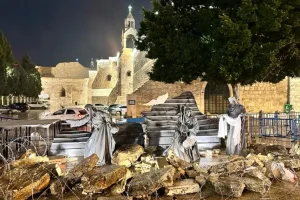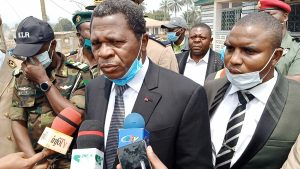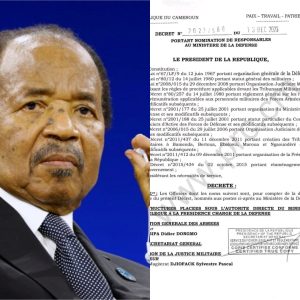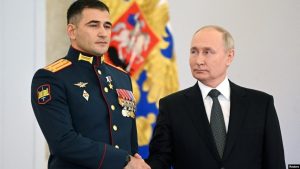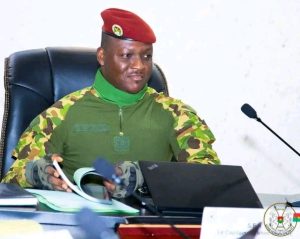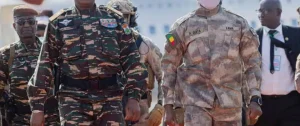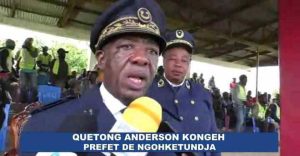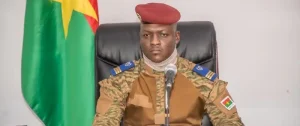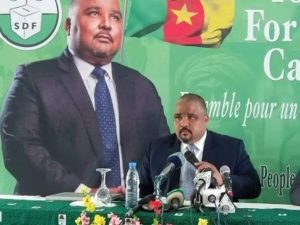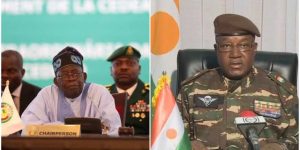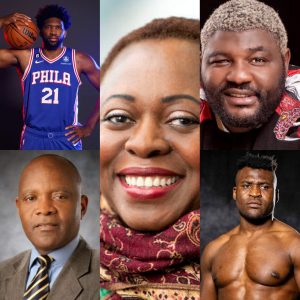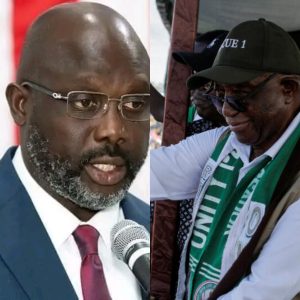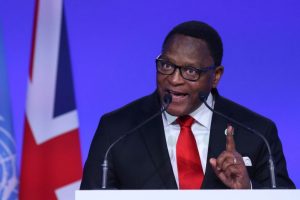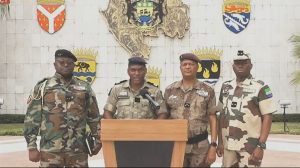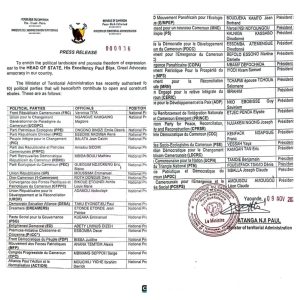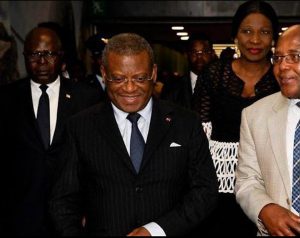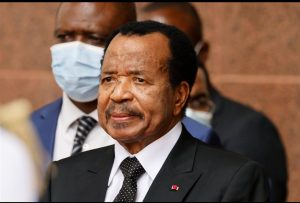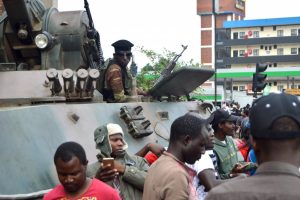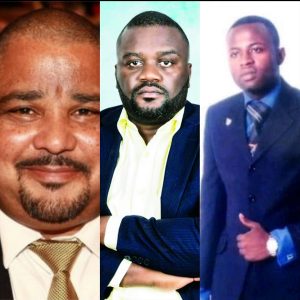Cameroon Municipal and legislative elections are set to take place one month from now and the government has begun its routine to prop up security forces in Cameroon’s two troubled English-speaking regions of Northwest and Southwest.
Intended to ensure elections security in the February 9 elections, Legion Commander, Colonel Henry Nchinda, announced in Buea that security forces will be deployed to “all parts” of the regions, beginning with a contingent of 350 gendarmes that arrived in Southwest this week.
In response, the Ambazonia military forces say they will be enforcing a six-days lockdown in the Anglophone regions from February 7 to February 12, 2020.
The lockdown targets the February 9 twin elections and the 11 February youth day celebrations ; the bid is to frustrate these two events from taking place.
A similar battle two years ago went bloody when separatist fighters declared a lockdown from September 20 to October 1, 2018, another bid to frustrate the 2018 Presidential elections.
Journalist Franklin Sone Bayen wrote about some executions he witnessed;
I believe I saw Michael Akachi walk to his death. He was escorted to the “stake” by two armed soldiers of the Rapid Intervention Brigade (BIR).
He just could not see his sympathizers or mourners watching, bemused at his final walk; he was blindfolded with a red piece of cloth. Neither could he give them a goodbye wave, though obviously hearing their voices and movements around; his hands were bound in front of him.
A few minutes later, he was dead. A phone call reaching his family a couple of hours later, dropped the bombshell that the body of Mami Agie Sunday’s son had been found somewhere near Ikiliwindi village, less than 20km from Kumba, along the Kumba-Mamfe road.
This is the story of the summary execution of a suspected combatant of the Ambazonia restoration forces or “Amba Boys” at Mabanda, just outside Kumba, along the Kumba-Mamfe road.
This was a few days to the dreadful countdown to September 16, initial debut date of the announced lockdown ahead of October 1 (“Amba Independence” celebration) and October 7 (presidential election), when people were fleeing the Southwest and Northwest in droves, most of them to Francophone cities for sanctuary. I thought there was no better time to bring humanitarian supplies to our suffering people seeking sanctuary in the forest.
Our driver began receiving advice and warnings against engaging our journey prior to our take off from Mile 17 park, Buea because, he was told, there had been skirmishes between Government forces and Amba Boys along the way. Arriving Muyuka, our driver transfered us into another bus that brought passengers from Kumba; a kind of passenger swap so that each driver engaged the stretch of road he mastered better.
Just over an hour into our journey, we ran into an unusual checkpoint. Two armed men in civilian clothes, all-black, with traditional necklaces, bracelets and other things that looked like amulets, flagged our bus. They told us to contribute to their effort. “We di fight na for wuna” (It’s your cause we are defending), they said. They urged us to make hey and drive on fast. The formalities done, we drove on.
Great was our surprise that, just around the bend, not quite 20 metres on, we were at the Mabonji “mixed control” checkpoint, the last before Kumba.
“So, they operate so close to each other?” a fellow passenger wondered. “It looks like they have come to an understanding to respect each other’s space until when there is combat,” said another. It was confusing. …”
And he continued …
“Just then, I saw another two BIR officers with guns, escorting a dark-skinned young man dressed in all-black. He was possibly taller than both of them. His eyes were bound with a piece of red cloth. His hands were apparently bound infront, handcuffed, maybe. I could not tell, watching them from behind.
They led him towards a right hand branch off, a few metres from the checkpoint facing Kumba. It led to the local GHS or GBHS Mabanda. I was told the military camped there. I could read gloom on the faces of three young women by me also watching, they too waiting to board their vehicle. I guessed their guess was my guess.
The driver told me he had noticed that young man sitting with soldiers under a shelter at the checkpoint when we arrived there, guessing he had been arrested and kept there for some time. It looked like they decided to take him away at that moment for the many passengers transiting at that time, to be eyewitnesses and travel with the word to serve as a deterrent to other young men.
I wished for a few more minutes there to take some more mental notes, but the driver said we had to get going because he had to return before nightfall with some passengers waiting in Nguti.
A few minutes on, just before we entered Ikiliwindi, about 10km from the checkpoint, we saw dead bodies on the road, some in culverts. The driver had to wabble through them carefully.
About 30 minutes later, between Konye and Supe, the village that precedes the flyover, we met another unusual all-black checkpoint. A single gunman. He was about done with a vehicle ahead of us when we arrived. When the formalities were done, he greeted me in a familiar tone. When I looked at him, surprised (or scared?), he laughed and said, “Brother, you surprise? I know you. I know you,” he said chuckling now as he walked away and we drove off… “
This period recorded spiraled brutal attacks on civilians and security forces with targeted battles. Hundreds were killed in Buea, Bamenda, Mutengene, Ekona and Mamfe
The period witnessed the discovery of mass graves purportedly dug by military and several dead bodies loitered in bushes.
War between the Cameroon government under Paul Biya and the Ambazonia forces led by separatist leaders has been going on since 2016 after the separatists declared the independence of “Ambazonia” in the two English-speaking regions.
Since 2017, we have staked our lives to provide tailor-made news reports to our readers from war zones and hot political rivalries in Cameroon - And we do so for FREE.
As a small online media now reaching over 100,000 monthly readers on all our platforms, we have to rely on hiring a small team to help keep you informed
The best way to support our online reporting is by considering a measly sum for our team on the ground as little as $1. Now you can make a donation to us below, it only takes one click...
[sdonations]1[/sdonations]




